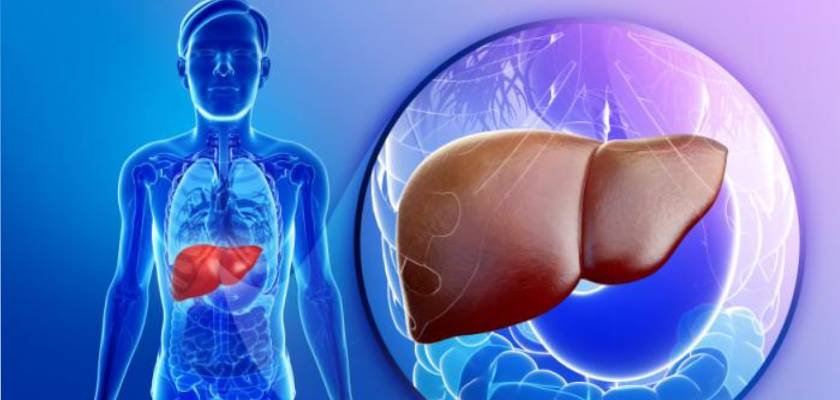Pediatric liver Disease

Pediatric liver disease encompasses a range of conditions affecting the liver in children, which can impact growth, development, and overall health. The liver plays a crucial role in metabolizing nutrients, detoxifying harmful substances, and producing essential proteins. When liver function is impaired due to disease, it can lead to a variety of symptoms and complications. Pediatric liver diseases can include congenital conditions like biliary atresia, metabolic disorders such as Wilson's disease, and acquired conditions like hepatitis. Early diagnosis and treatment are essential to manage these conditions effectively and prevent long-term damage to the liver.
Key Features of Pediatric Liver Disease:
Common Causes:
- Congenital Conditions: Biliary atresia, congenital hepatic fibrosis, and alpha-1 antitrypsin deficiency.
- Metabolic Disorders: Wilson’s disease, galactosemia, and tyrosinemia.
- Infections: Viral hepatitis (e.g., hepatitis B or C) and other liver infections.
- Autoimmune Diseases: Autoimmune hepatitis and primary sclerosing cholangitis.
- Toxic Exposure: Drug-induced liver injury or exposure to harmful substances.
- Genetic Conditions: Hemochromatosis and other inherited liver disorders.
Symptoms to Monitor:
- Jaundice (yellowing of the skin and eyes)
- Abdominal pain or swelling
- Poor weight gain or growth
- Dark urine and pale stool
- Persistent itching or rashes
- Fatigue or lethargy
- Vomiting or nausea
Diagnosis:
- Medical History and Physical Exam: Evaluating symptoms, family history, and physical signs of liver disease.
- Laboratory Tests: Blood tests to assess liver function, enzyme levels, and potential infections.
- Imaging Studies: Ultrasound, CT scans, or MRI to visualize the liver and detect structural abnormalities.
- Liver Biopsy: A procedure to obtain a tissue sample for detailed examination and diagnosis.
- Genetic Testing: Identifying inherited metabolic disorders or genetic conditions.
Management and Treatment:
- Medication: Specific treatments to manage symptoms, control liver inflammation, or address underlying conditions.
- Dietary Management: Special diets or nutritional support to manage metabolic disorders and support liver function.
- Surgical Interventions: Procedures like liver transplant or corrective surgery for congenital conditions.
- Regular Monitoring: Ongoing assessment of liver function and growth, with frequent follow-ups to adjust treatment as needed.
- Supportive Care: Addressing symptoms, providing psychological support, and educating families about managing the condition.
When to Seek Medical Help:
- Persistent jaundice or worsening of skin and eye color
- Significant changes in appetite, weight, or growth
- Severe abdominal pain or swelling
- Symptoms of liver failure, such as confusion or bleeding
- Any signs of infection or new symptoms
Pediatric liver disease requires prompt and effective management to prevent complications and ensure the best possible outcomes for children. If you are concerned about your child's liver health, it is important to seek medical evaluation and care. Our hospital provides specialized care for pediatric liver conditions, with a focus on accurate diagnosis, treatment, and ongoing support. Contact us to schedule an appointment with our expert team in pediatric hepatology.
Emergency Cases
Please feel welcome to contact our friendly reception staff with any general or medical enquiry call us.
